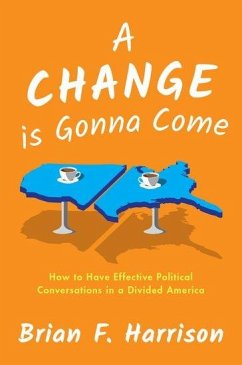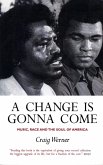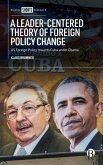As kids we were told to avoid talking about politics in polite company. However, the conventional wisdom no longer applies: we need to find a way to talk to each other about American politics, even with those (and especially those) with whom we disagree. While we've hashed and re-hashed bitter political disagreements, we have paid less attention to concrete, actionable ways to better understand each other. While it's true that, on average, public opinion doesn't change quickly, it does change: a prime example is how people think and feel about LGBTQ rights, which saw a meteoric change over the last few decades. Drawing on diverse areas of social research, this book identifies and explains where conversations fail and how we can start to dig out of our opinion silos to make reasonable changes in everyday, interpersonal political conversations.
Hinweis: Dieser Artikel kann nur an eine deutsche Lieferadresse ausgeliefert werden.
Hinweis: Dieser Artikel kann nur an eine deutsche Lieferadresse ausgeliefert werden.








